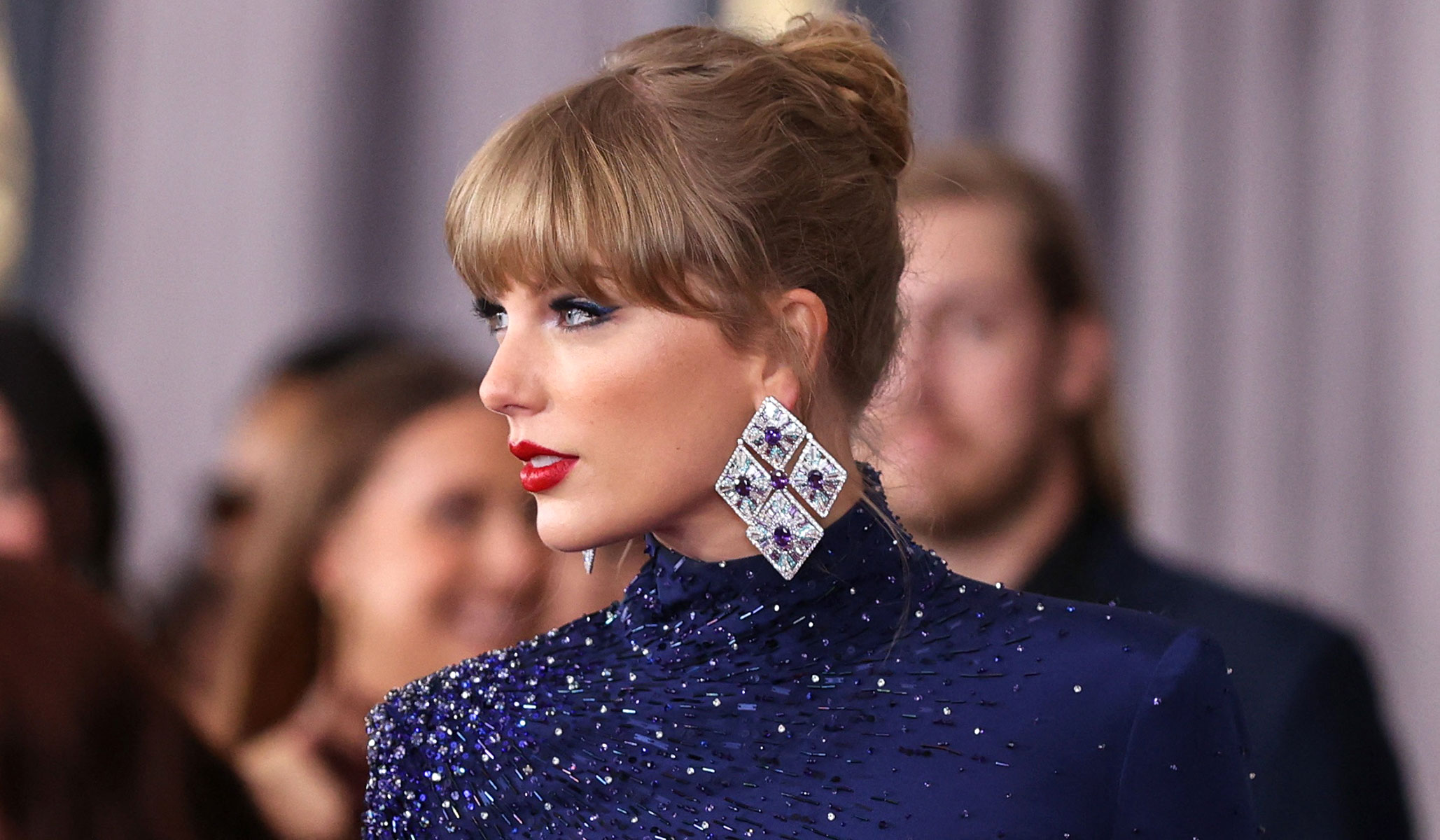


After a tour-less pandemic, Swifties’ pent-up demand for the singer-songwriter’s live performances has resulted in a controversy over ticket prices on the secondary market, accusations of price-gouging, and congressional inquiry. Variety reports that, as early as November 2022, senators Richard Blumenthal (D., Conn.) and Marsha Blackburn (R., Tenn.) coauthored a letter to Lina Khan, chairwoman of the Federal Trade Commission, expressing the concern that, “while some consumers opt to purchase tickets on the secondary market, most fans cannot afford to pay thousands of dollars for a single concert ticket.” More recently, “The Ethicist” in the New York Times Magazine responded to concerns about reselling extra tickets.
One can resell Taylor Swift’s Eras tickets for thousands of dollars. That’s simply a recognition of reality. What The Ethicist fails to note is that one should resell tickets for the market-clearing price.
The questioner explains that her sister “was lucky enough to get six tickets . . . for face value ($130).” After distributing three of the tickets among her family members, three tickets remained. The going price for such tickets is, with all fees included, $3,900.
Talk about sticker shock.
The questioner ended up posting the tickets on a Facebook group for $2,400. Despite listing the tickets considerably under the equilibrium price in the secondary market, some of the group members were livid: “One person . . . said that it was wrong to ask for so much more than that original price.”
No, actually, it’s not wrong to ask for the price that someone is willing to pay for something. The intuitive but specious sentiment is based on the labor theory of value: the idea that profit is immoral and a product’s price should equal its cost of production. But this is not how allocative efficiency is achieved: There are people, evidently, who value Swift’s tickets at $3,900. The value of any good or service is subjective: It’s contingent on the consumer’s willingness and ability to pay.
In short, one man’s trash is another’s man’s treasurer. Alternatively, in the words of Robert Nozick, “from each as they choose, to each as they are chosen.”
Now we can address the question posed to The Ethicist: “Do I owe strangers ‘reasonable’ resale values?” The answer is that there is no such thing as a “reasonable” price; one should charge the highest price at which she can sell all tickets so that the tickets go to their highest-valued use. Capping the price at $2,400, when the purchase price was $130, is no more “reasonable” than selling it to the person who is willing to pay $1,500 more.
Kwame Anthony Appiah, the Ethicist, acknowledges that Swift “decided to offer [the tickets] for less than she could get.” This was exactly her mistake. Instead, Taylor Swift should have behaved like the arbitrageurs in the secondary market — she should have optimized for profit. If Swift had sold a certain number of her tickets at the market clearing price ($3,900), she would have received the profit that is currently going to scalpers, enabling her to subsidize a certain number of seats for die-hard fans with less ability to pay and still make a greater profit for herself in so doing. For example, before each Eras performance with tickets sold at market price on 90 percent of seats, the remaining 10 percent of least-valued seats could be distributed via a lottery at a steep discount or for free. To avoid arbitrage occurring, one would need to provide personal identifiable information: one’s full name, driver’s license photo and ID number, and perhaps a retinal scan to avoid Mission-Impossible–style identity theft.
If Taylor Swift had embraced the profit motive, price-discriminated, and reserved the least-valued seats for fans without the means to pay the market-clearing price, she would have made more money and her poorest fans would be better off.
